On a Monday morning last May, Deb Brower joked with co-workers as she left her desk in the Meijer marketing department and walked to a Spectrum Health mobile mammography unit in the parking lot.
“Meijer happened to have the mammogram unit here,” Brower said. “It’s so much easier to just leave my desk for 15 minutes to get a mammogram than to have to drive downtown and take an hour and a half. I walked out there, joking with friends, ‘I’m going to get my boobs squeezed.’”
But the mammogram results turned out to be no laughing matter.
The next day, she received a call from Spectrum Health Betty Ford Breast Care Services.
They said, ‘We’d like you to come in and do another check,’” Brower said. “I wasn’t that worried. That happens a lot. I know a lot of people who had to get rechecked.”
That night, she attended “Phantom of the Opera” with her daughter in downtown Grand Rapids. They went out for dinner first. She told her daughter about it, but said she had no concerns.
“But after the second mammogram, they said they wanted an ultrasound and asked if I could stick around,” Brower said.
That didn’t sound routine to Brower, who had been getting mammograms since before age 40 because her mom was diagnosed with breast cancer at age 69.
Something suspicious
“They told me the results showed something very suspicious,” said Brower, 48.
Next step? Biopsy.
On Friday of Memorial Day weekend 2016, four days after her mobile mammogram, her phone rang with news she never imagined.
She had breast cancer, more specifically, invasive ductal carcinoma in her right breast.
There was absolutely no reason to think cancer would happen to me. But that’s the way it usually happens. We never think it will happen to us.
“I asked, ‘What does that mean?’” Brower said. “They said it means it broke out of the duct. Hearing that, I was like, “Oh my gosh, it’s spread everywhere.’ It was a very scary phone call. You just think you’re going to die. How far has it spread? How long has it been there?”
Brower fled to her place of solace that Memorial Day weekend, a place with no cell phone service and no distractions—the 120 acres she and her family own near Big Rapids. They bought the land to hunt on. Now, Brower felt like the one being hunted, by a dreadful disease, over which she had no control.
“I went up with my husband, Dann, daughter and son (Alecia, 25, and Brandon, 22),” Brower said, fighting back tears. “It was so emotional. I remember taking golf cart rides. We took a lot of pictures. You just talk and (cry) a lot.”
They stayed in their 19-foot travel trailer on the land. They watched leaves gently dance on the breeze, and millions of stars shining down from the heavens.
They hoped. They prayed. Most of all, they loved.
Surgical solution
“When I left there it was just so hard—I didn’t know if I’d ever come back,” Brower said. “We didn’t know anything. It was hard.”
On June 16, she underwent surgery.
“They were able to get it all,” Brower said. “They removed just one lymph node. It had not spread to the lymph nodes.”
Brower started chemotherapy infusion treatments, scheduled for once every 28 days. She also had the first of 20 radiation treatments in July.
To her surprise, genetic testing results turned up negative. She had not inherited the cancer gene from her mom. Instead, she learned she had Lynch Syndrome, which made her more susceptible to five types of cancers, including uterine, ovarian and bowel. Her father, Roger Sikma, passed away of colon cancer five years ago.
As a precaution, she underwent a total hysterectomy on Sept. 27.
“That meant I could stop taking the infusion therapy, which was a blessing,” Brower said. “It wasn’t very fun. It was a great big shot and they inject this thing into your stomach.”
Brower feels she’s one of the fortunate ones. Her husband, Dann, her children and friends supported her through her tumultuous journey. She gained inspiration from them, and from the song “Trust in You,” by Lauren Daigle.
She knew, deep inside, despite the fear, that God would see her through. Now, it’s her self-described mission to help others. And to encourage people to get their mammograms, whether from a mobile unit or from a breast center.
“I’m on the other side now,” Brower said. “I have a list of five women I’m praying for right now that are going through it. I feel like my journey was easy when you look at some of the other people.”
Cancer robbed Brower of last summer. It didn’t steal her life.
These days, she visits her up-north oasis whenever she can.
“It’s just a place of respite,” she said. “We’re off the grid. We go there and forget about everything. We just relax, cook over the fire… It’s great family time.”
But the place feels different, somehow. More special than before. The stars shine brighter. The fires, more mesmerizing. Her moments with family, more precious, still.
‘The bus saved my life’
“I’m blessed that God healed me,” she said. “If I can help others in some way, that’s what I’d like to do.”
Brower said she’s telling everyone about the collaboration between Spectrum Health and Meijer, and that mammograms will be available at two Meijer stores per week via mobile units.
“The bus saved my life,” Brower said. “It’s a big deal. I was 47 years old. There was absolutely no reason to think cancer would happen to me. But that’s the way it usually happens. We never think it will happen to us.”
Elaine Bower, director of Spectrum Health Betty Ford Breast Care Services, said the 40-foot long mobile mammography unit provides mammograms to about 3,000 patients every year.
Covering a 13-county area, that equates to a lot of lives saved with early detection, all without patients having to make a trip to the hospital or other medical office.
Another mobile mammography unit is on the way. A donation from Meijer will help put a second mobile mammography bus on the circuit in May.
“This unit will serve Meijer store locations, corporate offices, physicians’ offices and community organizations,” Bower said. “This is an effort to expand convenient care for area residents in the same 13-county area.”
Bower expects 6,000 patients to partake in mobile mammograms in the coming year.
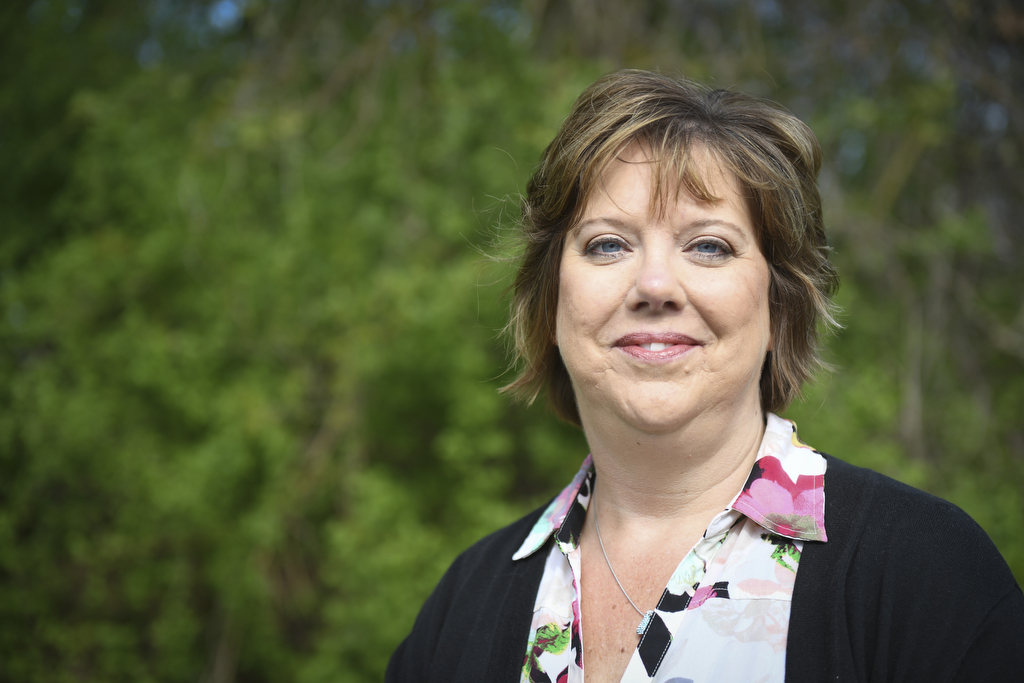
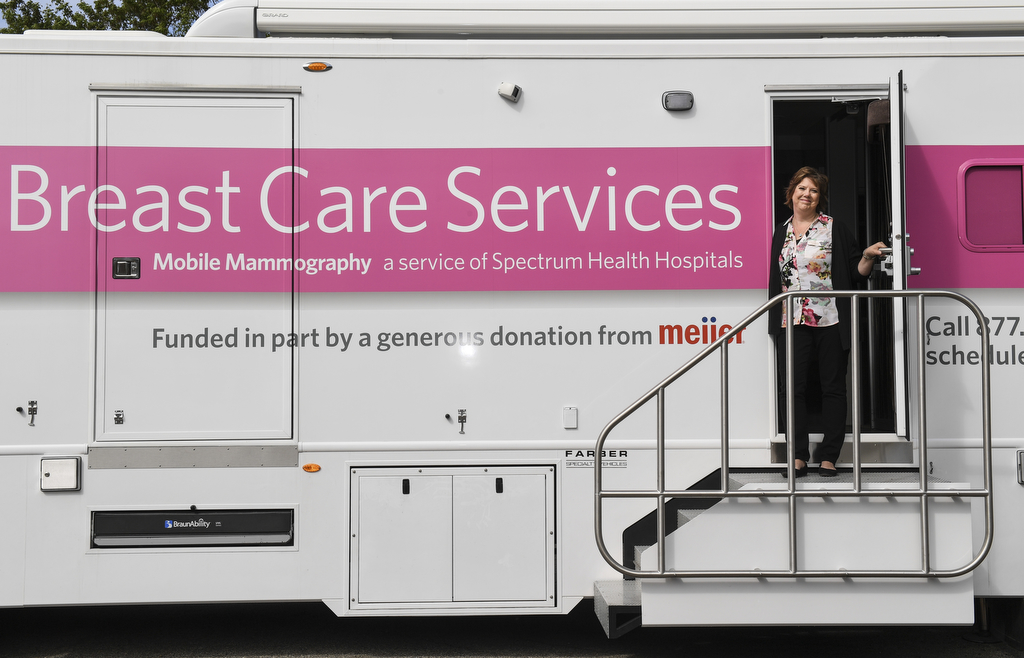
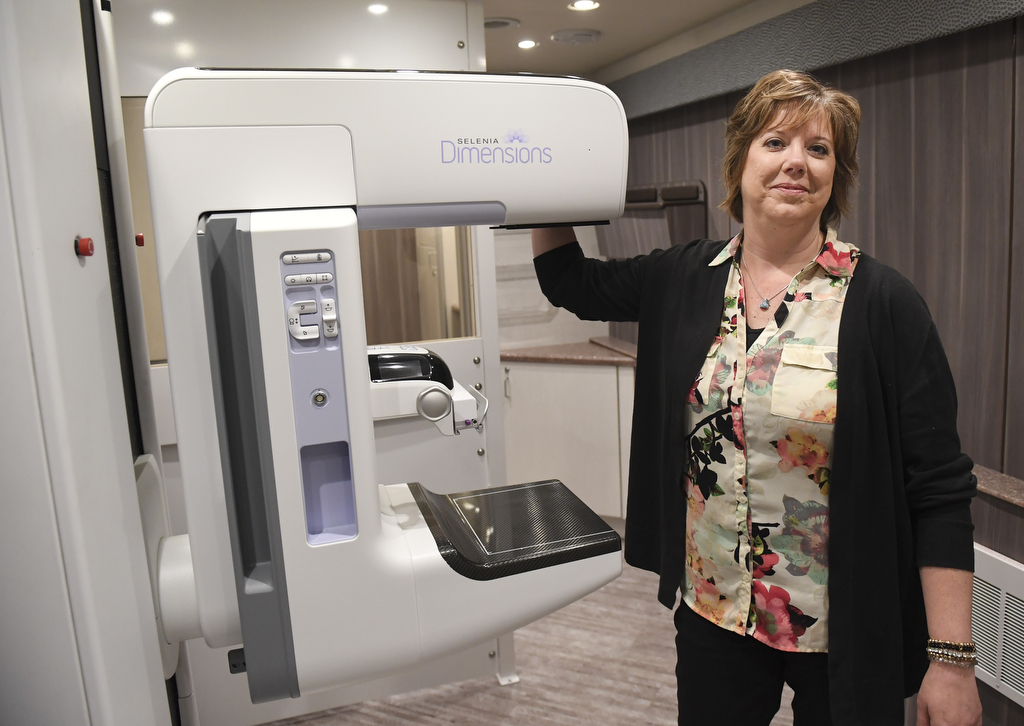
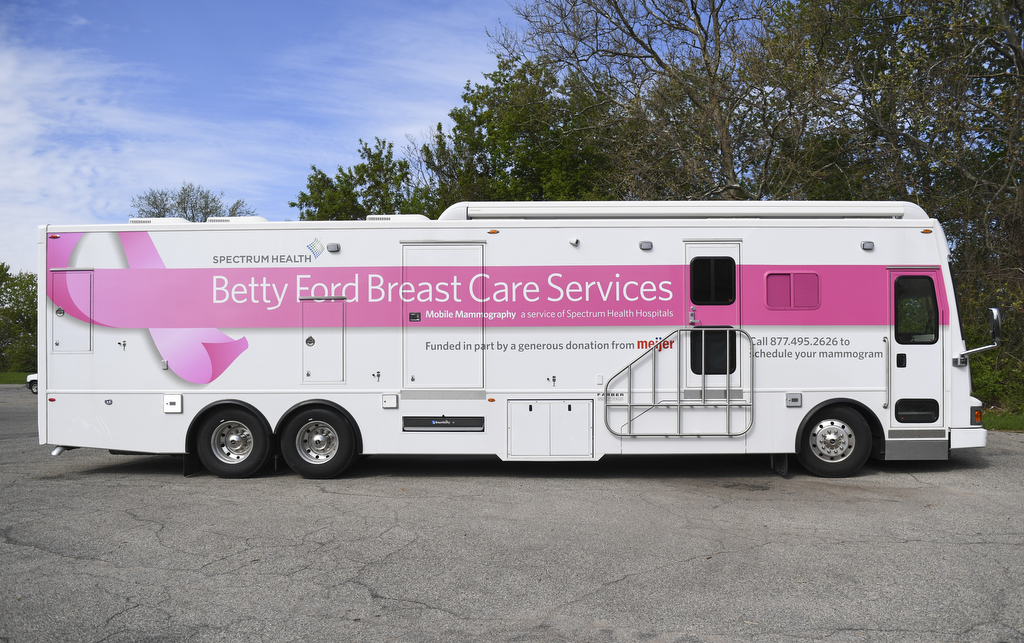


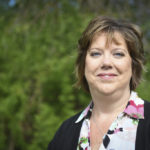
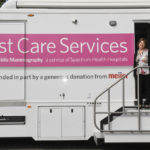
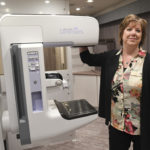
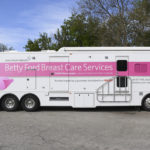
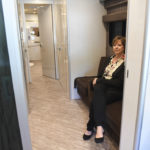
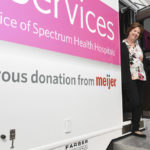
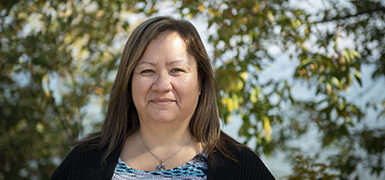 /a>
/a>
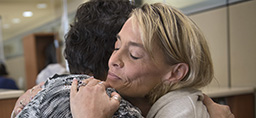 /a>
/a>
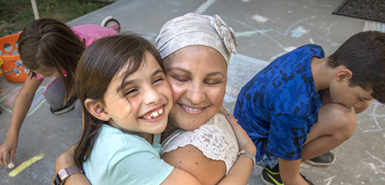 /a>
/a>
Dr. Melnik is incredible! What a team you have there at Spectrum!
I too had Dr Melnik taking care of me. In my opinion she is the best in Grand Rapids. Great Dr.!!
My breast cancer was discovered in September of 2012 after a routine mammogram. Dr. Melnik was my surgeon and she is still my oncologist. She is wonderful. I am almost at the 5 year mark. I thank God for my recovery as well.
I’m so very happy for you. I do hope that your children decide to become genetically tested for Lynch Syndrome. There are many support groups to help them through this journey.